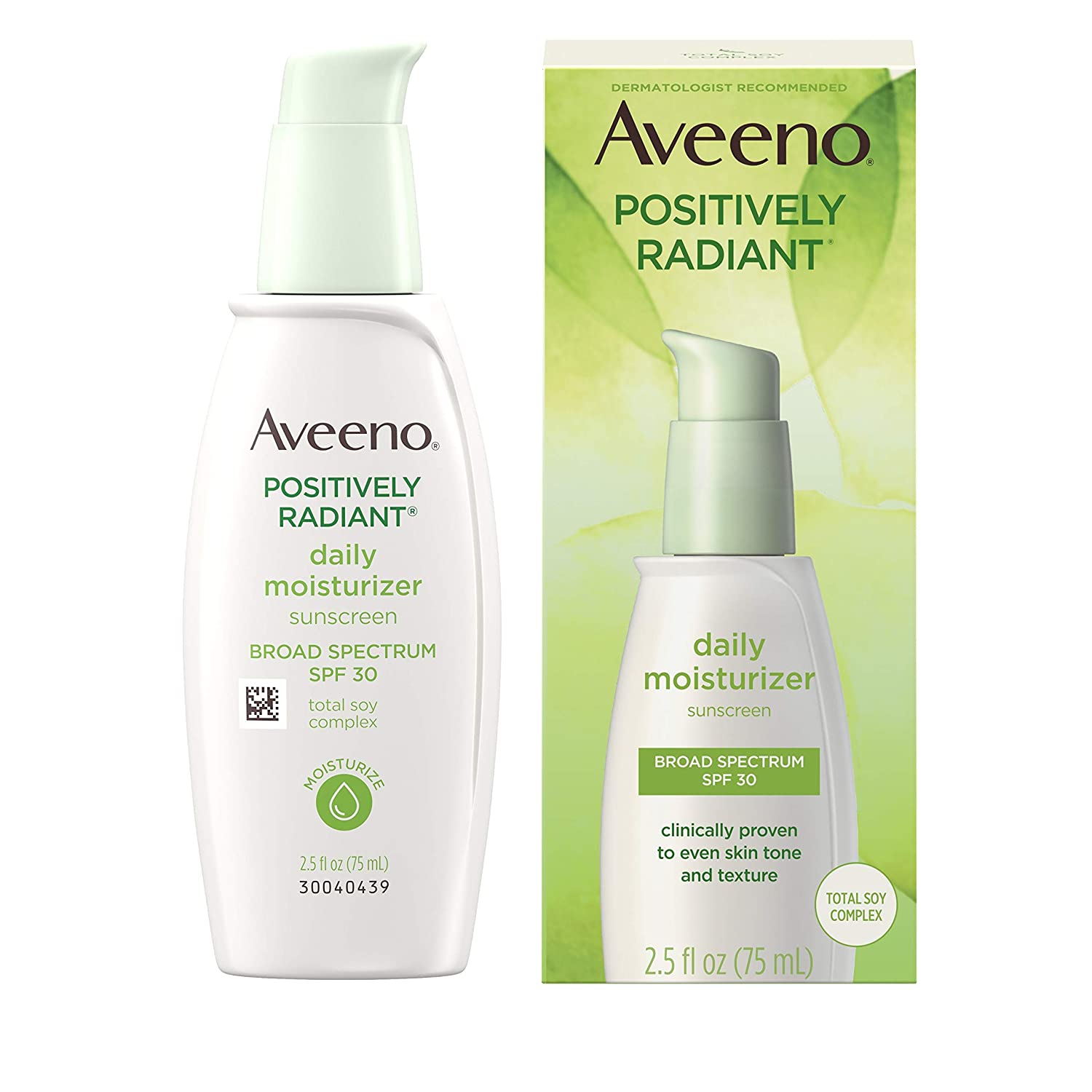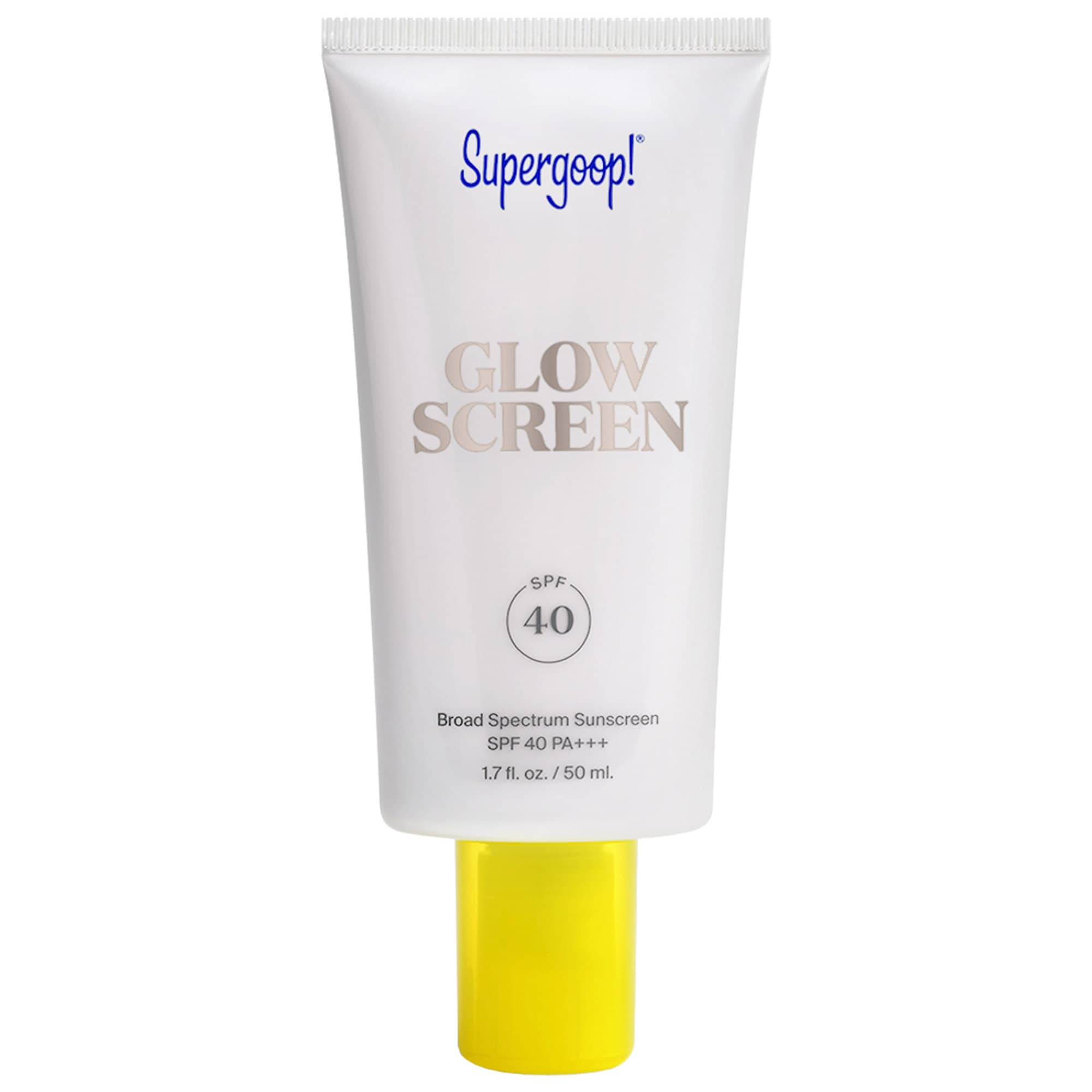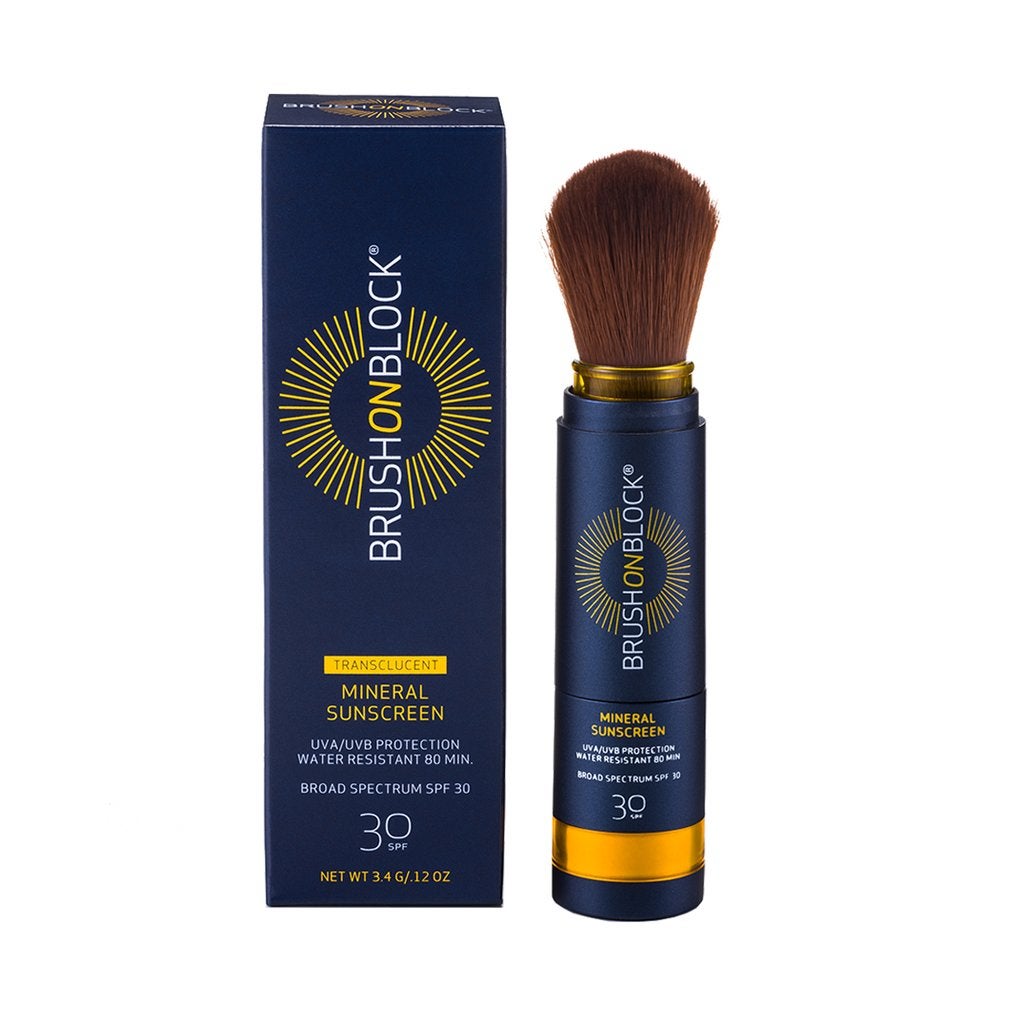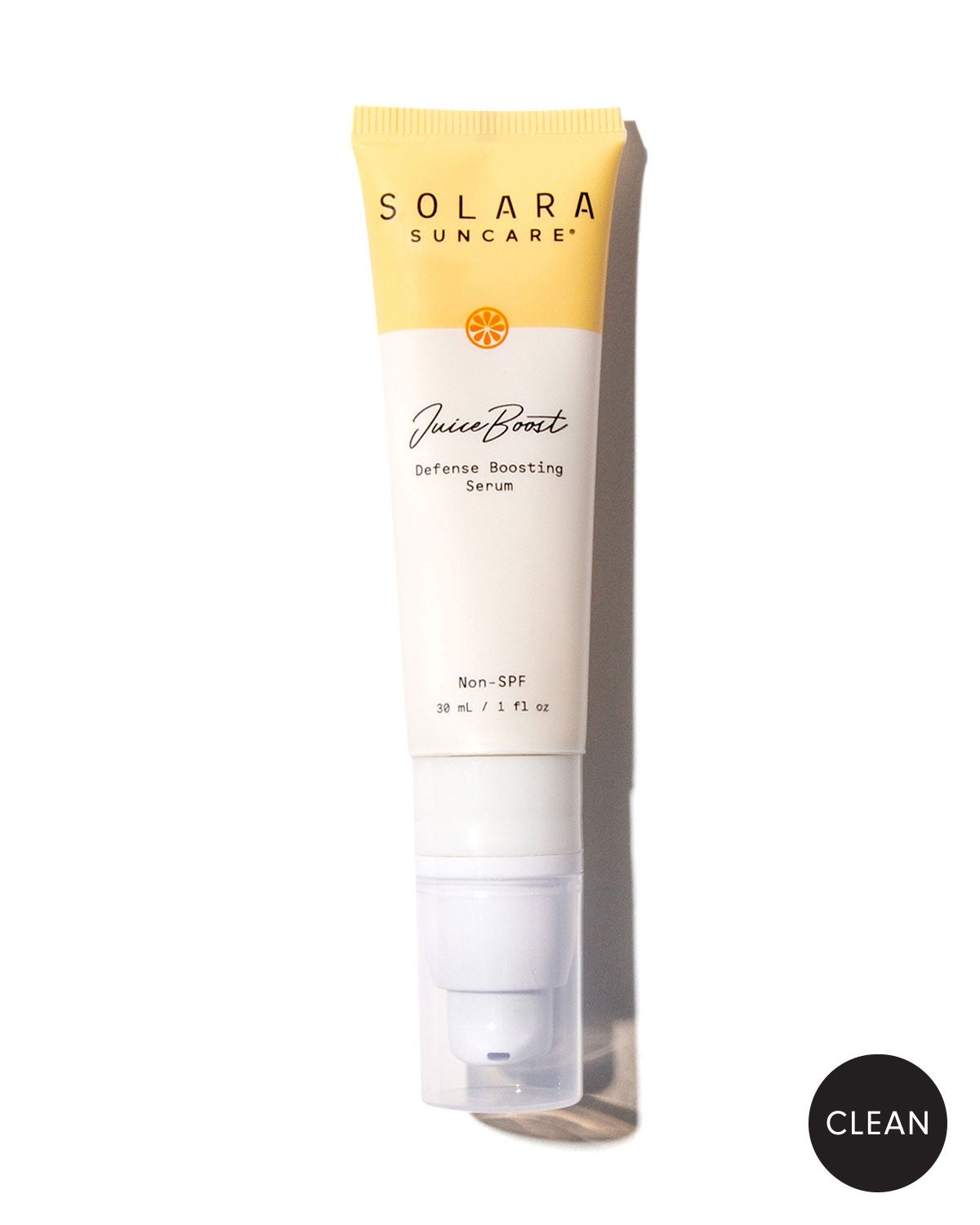How To Stop A Sun Mustache In Its Tracks This Summer
Photographed by Rockie Nolan.
After months of being cooped up in the house, you'd be remiss to not soak up some of the summer sun, right? Be it in the park, on the beach, or on your apartment building's fire escape, you lay out a blanket, slide on your sunglasses, and chill. A few hours later, you head back inside and catch your reflection in the mirror — only to see an unusual dark patch above your top lip staring back at you.
According to Hadley King, MD, a New York City-based dermatologist, the darkening of that area, what some people call a "sun mustache," is a common type of melasma. "Melasma is darkening of the skin, [also known as] hyperpigmentation, caused by a combination of factors including genetic predisposition, hormones, and sun exposure," Dr. King explains. "The upper lip is a common location for melasma — hence, sun mustache."
AdvertisementADVERTISEMENT
Joshua Zeichner, MD, an NYC-based derm, says that the technical term for a sun mustache is chloasma, which is melasma that occurs around the mouth. "It is thought to be caused by your hormones, but UV light exposure is known to make it significantly worse," he explains. "Excess estrogen can cause your body to produce more melanocytes, which then come to the surface of the skin and deposit pigment," says Parminder Singh, esthetician and director of education at SKINNEY Medspa. "These melanocytes are then triggered by the heat and rays of the sun."
Prevention — as in, sunscreen — is the best way to tackle a sun mustache head-on. Dr. King is a fan of Supergoop Glowscreen SPF 40 for protecting your face. "It contains hyaluronic acid and vitamin B5 to help boost moisture in the skin, sea lavender for antioxidant protection, and cocoa peptides to help protect from blue light," she says, adding that reapplication is critical when you're out in the sun. "This powdered sunscreen is a great solution for people who want to reapply without messing up their makeup," Dr. King says of Brush On Block Translucent Mineral Powder Sunscreen. "It's all mineral: zinc oxide and titanium dioxide, as well as antioxidants to protect from UVA and UVB sun damage, blue light, and infrared A rays."
AdvertisementADVERTISEMENT
Though SPF is by far the best way to prevent and protect your skin from hyperpigmentation, you can still take other measures in your skin-care routine if you're trying to get rid of existing sun damage around your mouth. Dr. Zeichner recommends using a gentle exfoliating cleanser to shed pigmented cells from the surface of the skin, as well as an antioxidant-rich serum like Solara Suncare Juice Boost Defense Boosting Serum to help brighten and resurface.
"Vitamin C is the best-studied antioxidant we have to brighten the skin," Dr. Zeichner explains. "Not only does it interfere with abnormal pigmentation, but it also neutralizes free radical damage." While over-the-counter products may help treat a mild to moderate sun mustache, more severe cases can benefit from laser treatments or topical prescriptions, which require you see a board-certified dermatologist.
Though treating a sun mustache may seem straightforward, Nicole Hatfield, an esthetician at Pomp, says it all varies from case to case. "How long melasma lasts and how it goes away is different for everyone," she says. "Some people's melasma goes away rapidly on its own, while others may struggle with it for extended periods." If your condition persists, experts recommend connecting with your doctor to rule out any underlying conditions, like a hormonal imbalance. So, before you head out to bask in the sunshine this weekend, remember: A hat, sunscreen, and a mask are your friends.
At Refinery29, we’re here to help you navigate this overwhelming world of stuff. All of our market picks are independently selected and curated by the editorial team. If you buy something we link to on our site, Refinery29 may earn commission.
AdvertisementADVERTISEMENT










